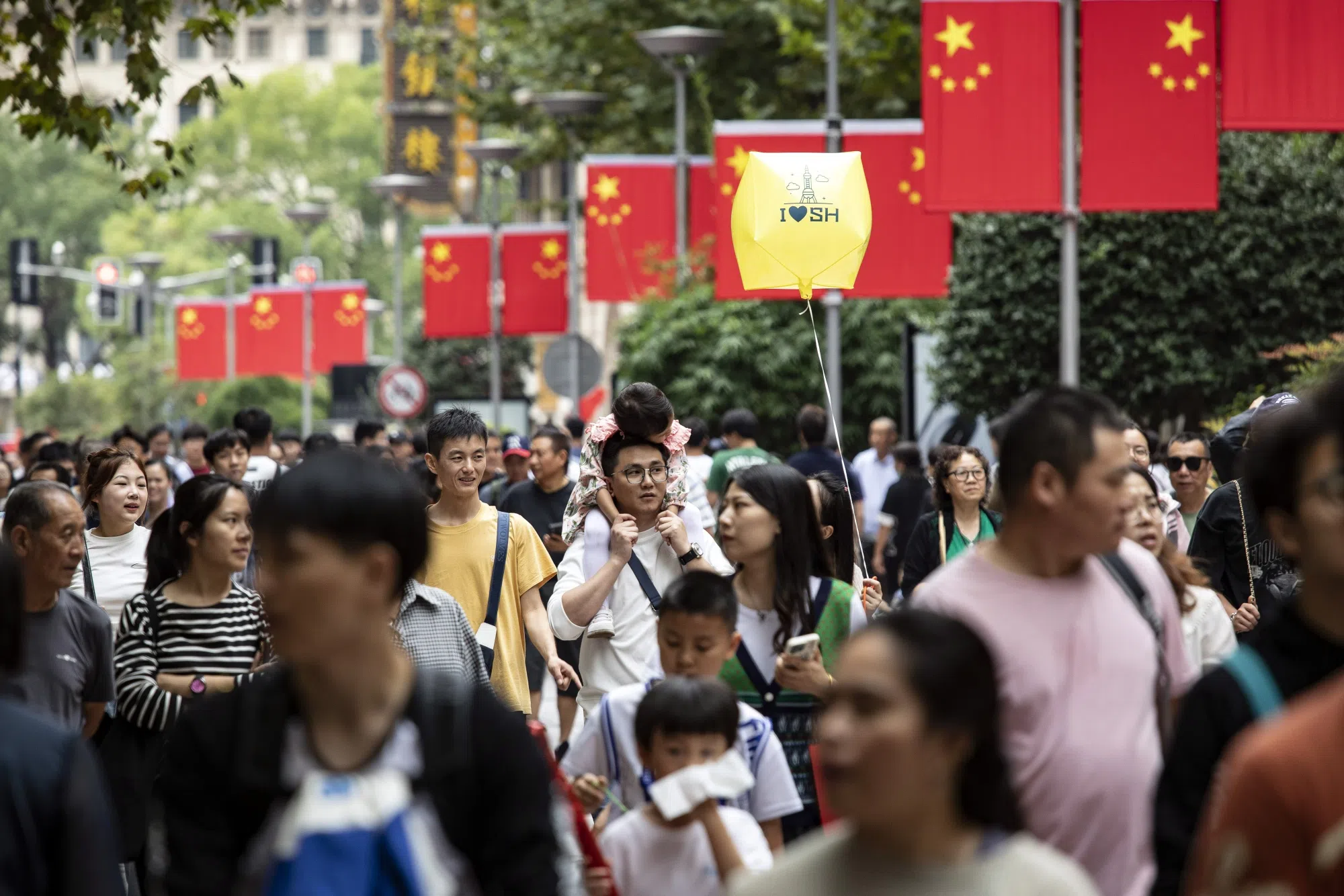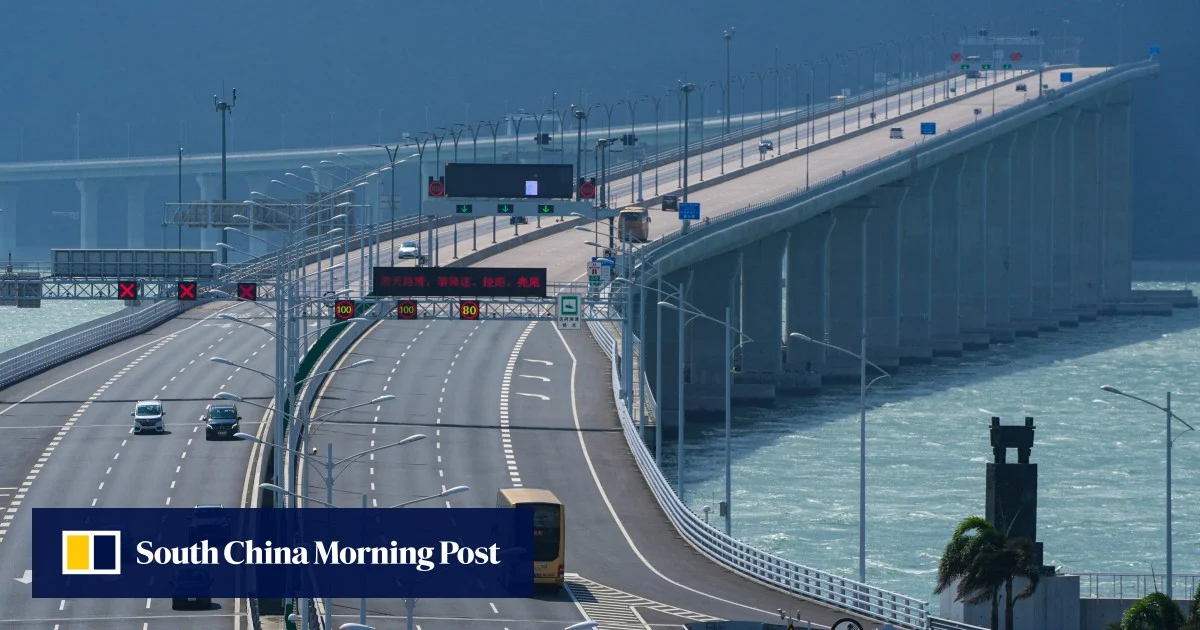[BEIJING] Chinese consumer spending faltered during a major holiday even as more people hit the road, suggesting a trade truce with the US is failing to turn around sentiment in an economy reeling from US President Donald Trump’s tariffs.
Travellers spent more than 42.7 billion yuan (S$7.7 billion) during a total of 119 million domestic trips made during the three-day Dragon Boat Festival public holiday, each up more than 5 per cent from a year earlier, figures provided by the Ministry of Culture and Tourism showed on Tuesday (Jun 3).
That means spending per trip was only 359 yuan, down 2.2 per cent on year, according to Bloomberg calculations based on the official numbers. The decline was even steeper when compared with the Tomb-Sweeping Festival in April, which also lasted for three days, when people shelled out 457 yuan per trip.
Holiday spending is an important yardstick for the strength of Chinese consumption – long the weak link in the US$19 trillion economy that’s now looking to domestic demand to offset shocks from abroad and absorb excess manufacturing capacity.
The Dragon Boat Festival commemorates the ancient poet Qu Yuan with boat races and is marked by eating traditional rice dumplings. It’s one of China’s seven long public holidays that people traditionally use to shop, travel and relax.
The celebratory mood during the holiday that ended on Monday was relatively muted across parts of China’s consumer economy, especially as large swathes of the country saw rainy weather.
BT in your inbox
Start and end each day with the latest news stories and analyses delivered straight to your inbox.
While the box office during the festival rose 21 per cent on year to 460 million yuan, it was only about half the level logged during the same break in 2023, according to data compiled by online ticketing platform Maoyan Entertainment.
A total of 5.9 million cross-border trips were made, up 2.7 per cent from a year earlier, figures from the National Immigration Administration showed. Inbound trips by foreigners jumped 59 per cent on year during the holiday, as China allowed visa-free travel for 43 countries.
The latest data provided a glimpse into consumption momentum in China, where households have been cautious about splurging amid job and income uncertainties.
The economy is still grappling with domestic woes such as a property slump, deflation, and trade tensions with the US. Analysts surveyed by Bloomberg forecast year-on-year growth in retail sales will slow for a second straight month in May.
Despite the agreement to pause the punitive tariffs following last month’s bilateral talks in Geneva, the average rate of US levies on Chinese goods is still elevated at roughly 40 per cent, hitting smaller exporters hard and forcing them to shrink payrolls.
China’s manufacturing sector had its worst slump since September 2022 in May, with new orders contracting and companies cutting staffing levels, according to results of a private survey published jointly by Caixin and S&P Global on Tuesday.
“Looking ahead, we see upcoming summer break performance as more important to assess travel demand and believe investors will likely monitor domestic weekly hotel data closely,” Citigroup analysts Brian Gong and Alicia Yap wrote in a note. BLOOMBERG


